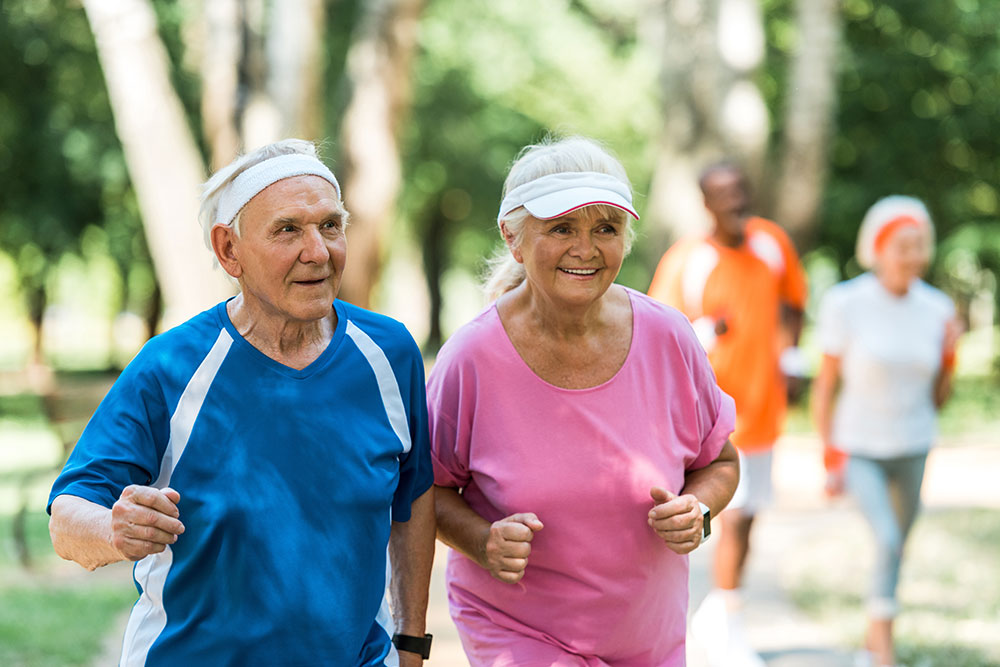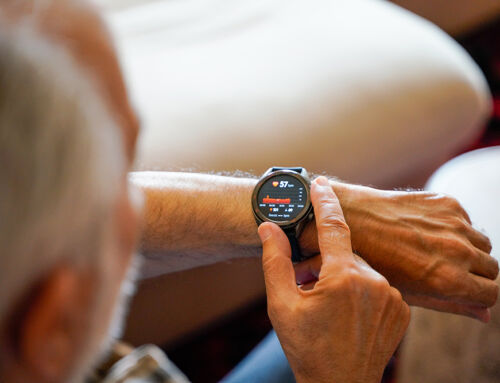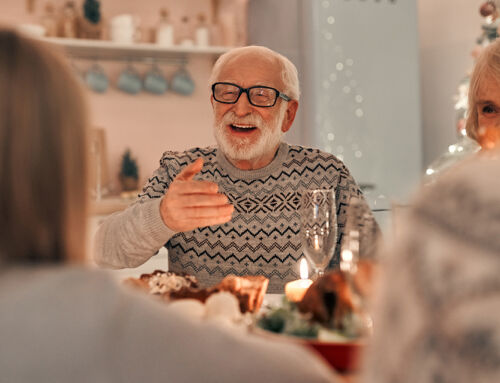13 Ways To Help Prevent Falls in Seniors
One of the best things you can do for your health is to be active, take walks, exercise, and keep moving. If you’re hesitant to get out there for fear of falling, consider this: exercise helps improve muscles and makes you strong. It also keeps your joints, tendons, and ligaments flexible, which helps to prevent falls.
Of course, a fall can happen to anyone, but when it happens to a senior, it can start more severe health problems and possibly lead to long-term disability. Did you know that one out of four seniors falls each year in the U.S.? That’s about 36 million falls a year. Fortunately, there are steps you can take to help minimize your chances of falling. The NIH offers the following tips:
- Try balance and strength training exercises such as yoga, Pilates and tai chi. According to the National Institutes of Health (NIH), mild weight-bearing activities, such as walking or climbing stairs, may slow bone loss from osteoporosis, which makes bones weak and more likely to break. Check out four types of exercises that can help improve balance and strength. Also, check out Summit Point’s monthly calendar for group exercise classes.
- Fall-proof your home. In the NIH’s blog Preventing Falls at Home: Room by Room, you’ll find simple changes you can make to help ensure your safety, such as good lighting with light switches at the top and bottom of stairs and on each end of a long hall. The Summit Pointe staff will be happy to help with any adjustments needed in your apartment to help prevent falls.
- Get your eyes and ears checked, as slight changes in sight and hearing put you at an increased risk for falls. Get used to new eyeglasses or contact lenses and wear them as your eye doctor advises. Have a hearing aid? Be sure it fits well and wear it.
- Check for any side effects of any medicines you take. Tell your doctor or pharmacist immediately if a drug makes you sleepy or dizzy.
- Get enough sleep. If you’re tired, you’re more likely to fall.
- Avoid or limit alcohol. Too much alcohol can lead to balance problems and falls, resulting in hip or arm fractures and other injuries.
- Stand up slowly. You may already know that getting up too quickly can cause your blood pressure to drop. This can make you feel wobbly. Get your blood pressure checked when you’re lying and standing. Ask about Summit Pointe’s free blood pressure checks around the clock.
- Use a cane or walker if you’re unsteady on your feet. Be sure they’re the right size for you and that the walker wheels should roll smoothly. Have you borrowed walking support equipment from a friend? Ask your healthcare provider to ensure the equipment is the correct size and safe to use.
- Take it slow on wet or icy surfaces, and use an ice melt product or sand to clear snowy areas by your doors and walkways.
- Be hands-free. Use a shoulder bag, fanny pack or backpack to leave your hands free to hold on to railings.
- Choose the right shoes. Nonskid, rubber-soled, low-heeled shoes are best. Never walk on stairs or floors in socks. Avoid wearing shoes and slippers with smooth soles.
- Consider staying inside when the weather is bad. Use community services that supply 24-hour delivery of prescriptions and groceries.
- Always tell your doctor if you’ve fallen since your last check-up, even if you didn’t feel pain when you fell. This way, your doctor can check to see if there’s a new medical problem or issues with your medications or eyesight. Your doctor may suggest physical therapy, a walking aid or other steps to help prevent future falls.
Falls don’t have to be part of your life—be active, take the above precautions, and enjoy!




